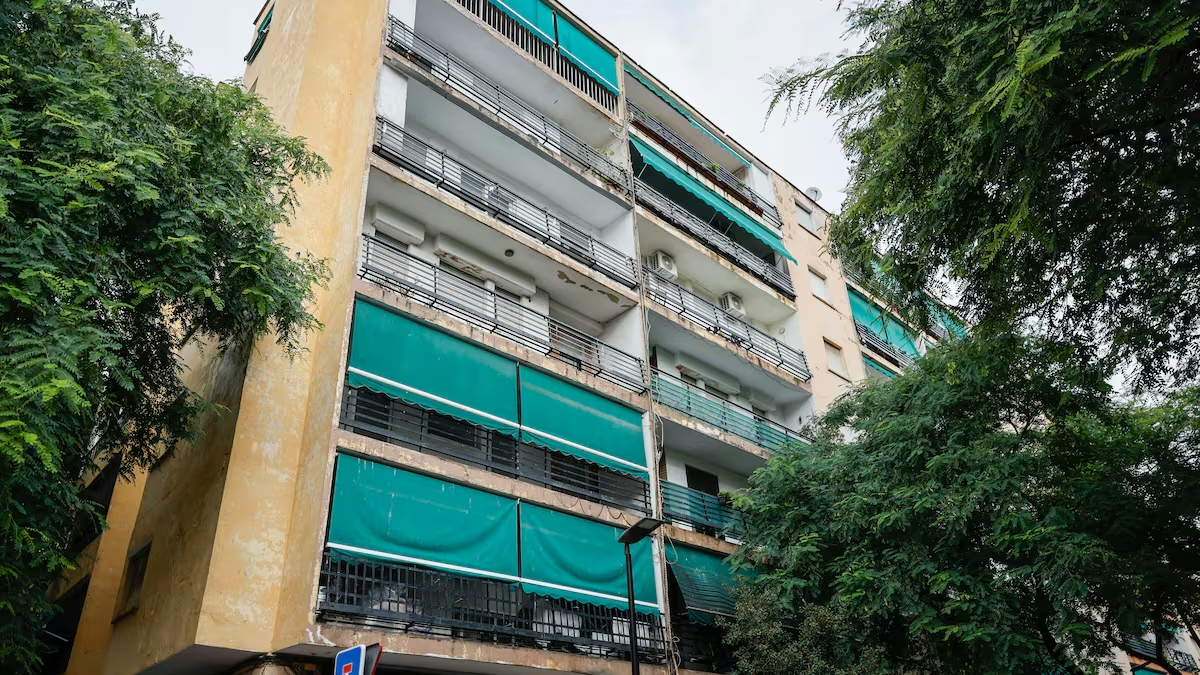The agricultural sector welcomes the president Javier Milei at its traditional event to be held at the end of July. Although the sector expects a reduction in withholdings, such a meeting does not seem to be an immediate possibility in the midst of the dispute with the Executive. It should be remembered that the agricultural sector has been demanding a reduction in tax pressure, especially with regard to withholdings and increases recorded in provincial and municipal taxes.
And referring to the general tax pressure, the entities stressed that “the severe damage caused by excessive tax increases and the creation of rates in several districts of the country, which add to the high tax burdenthe risks of falling into double taxation; just for the purpose of collecting more and not rationalizing spending or providing better services,” they said at the time.
The meeting between the president and the agricultural sector will take place in the context of the official presentation of the Expo Rural 2024, which will take place between July 18 and 28the camp leaders and organizers announced a new development: the traditional Opening Ceremonyoriginally scheduled for Saturday 27th, was moved to Sunday, July 28 to allow the attendance of President Javier Milei.
The president of La Rural SA and horse breeder, Raul Etchebehereexplained that “the president would have arrived just in time if it was Saturday.” The change of the opening ceremony to Sunday 28 at 11 in the morning is justified by the expectation generated by the possibility of a president returning to the rural expo. Beyond the opening ceremony, it is possible that Milei will visit us at another time, according to the event organizers.They also recalled the President’s recent visit to the Rural during the Angus Exhibition.
“My visit to this place is a clear sign of support for a very important sector in Argentine history and for the future of the country,” the president had expressed. Javier Milei. Regarding withholdings, he mentioned that “as the fiscal accounts begin to be recomposed, we will first eliminate the COUNTRY TAX And then there will be retentions, so that the field is completely free.”
This new Rural Expo will be a meeting point for producers, visitors and professionals in the sector, who, over the course of 11 days, will be able to enjoy the latest developments in the world of livestock, agriculture and industry.
“This year we will have the presence of 400 commercial exhibitors, 15 provinces and more than 2,000 animals, including 5 new participating breeds,” said Raúl Etchebehere, reaffirming why this event is a true business center for agriculture.
Claims from the countryside
Last June, the sector demanded that the rate surcharge imposed by the Central Bank for the sector not be renewed. In a statement signed by the Liaison Committee, the sector denounced that it is a rate surcharge for wheat and soybean producers with more than 5% of stocks.
“This is a tax that goes against deregulation and the economic liberation touted by the current administration national and in that sense, Argentine agricultural producers were anxiously awaiting the repeal of said measure, but with the deadline approaching they are at least hoping that it will not be renewed,” the statement said at the time.
In this regard, “the Liaison Commission of Agricultural Entities has been insisting on the elimination of the rule created during the administration of Alberto Fernández and renewed in December by the Milei government,” he added.
A few months earlier, the four agricultural entities that make up the so-called Liaison Committee They again asked for a reduction in the tax pressure on the countrysideespecially with regard to withholdings and increases recorded in provincial and municipal taxes.
LINK TABLE 1200.jpg
Although the agricultural sector expects a reduction in withholdings, this does not seem to be an immediate possibility.
On the other hand, referring to the general tax pressure, the entities stressed that “the severe damage caused by excessive tax increases and the creation of rates in several districts of the country, which add to the high tax burdenthe risks of falling into double taxation; just for the purpose of collecting more and not rationalizing spending or providing better services. This reiterates the call to legislators, both national, provincial and municipal, who are the ones who approve these measures with their vote.
For the Liaison Committee, “the high tax burden, which takes 65% of the income in general and even more in certain productions, means a significant increase in production costs, not only due to increases in fuels (which have 47% tax), logistics, and now due to the country tax, applied to dollarized inputs.”
Source: Ambito




